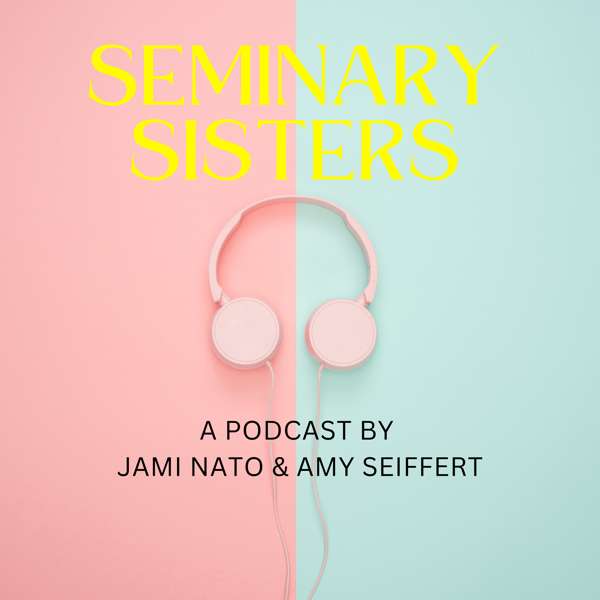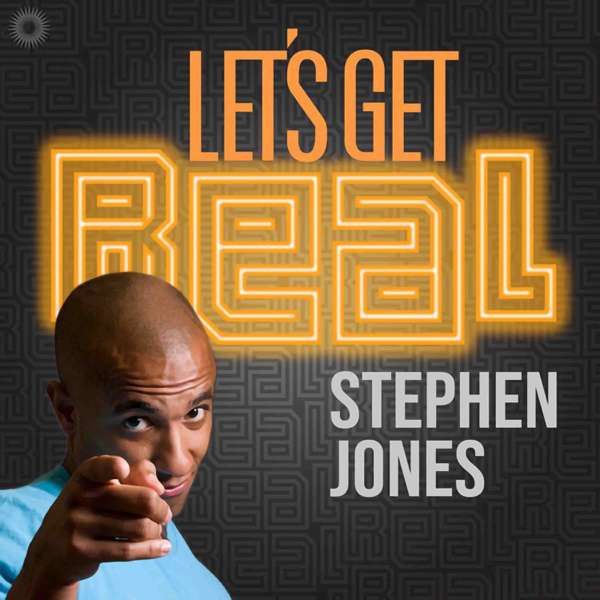This week on Preach, we launch a new series: Preaching for the Sacraments—how homilists can bring depth and imagination to their preaching during some of the Catholic Church’s most meaningful rites.
To set the stage, host Ricardo da Silva, S.J., speaks with Anthony Ruff, O.S.B., Benedictine monk and professor of liturgy at Saint John’s School of Theology and Seminary in Minnesota. Together they unpack what sacraments truly are—and how to preach them with both depth and imagination.
“A sacrament is not a vending machine where we put the thing in our action and then the thing comes out automatically,” Anthony explains. “God acts through symbols such as water and oil and laying on hands and exchanging the peace with one another and singing together.” Grace is not dispensed mechanically, but unfolds through real human experience: “If I’m becoming more human and growing in community, I’m being divinized.”
Preaching at sacramental celebrations must therefore begin with the lives of those gathered, not abstract theology. “I really try to say, what’s the word that will be Christ for them, that will resonate with their experience?” Anthony reflects. “We really have to think about the whole life of this community—and then our homily is a part of that.”
In this episode:
00:00 – ‘A sacrament is not a vending machine’
01:10 – Introduction
02:40 – Meet Anthony Ruff: monk and teacher
04:00 – About the Compelling Preaching Grant
08:10 – What is a sacrament? Encounter, not simply ritual
08:48 – What is the core purpose of the sacrament?
13:20 – A sacrament as a sign of peace
15:50 – Mystery, not magic
17:38 – Becoming aware of the God's presence in your life
19:48 – Sacraments vs. sacramentals: what’s the difference?
21:40 – Sacraments for community and the individual
24:05 – A final word on sacraments
27:05 – What preaching is for?
28:45 – Homilies at sacramental Masses: rite or readings?
33:10 – Symbols as stage directions
36:40 – Challenges and pitfalls of preaching the sacraments
38:50 – How long does it take to prepare for a sacrament
40:50 – Keeping the mystery of the sacraments alive
Learn more about your ad choices. Visit megaphone.fm/adchoices

 Our TOPPODCAST Picks
Our TOPPODCAST Picks  Stay Connected
Stay Connected







